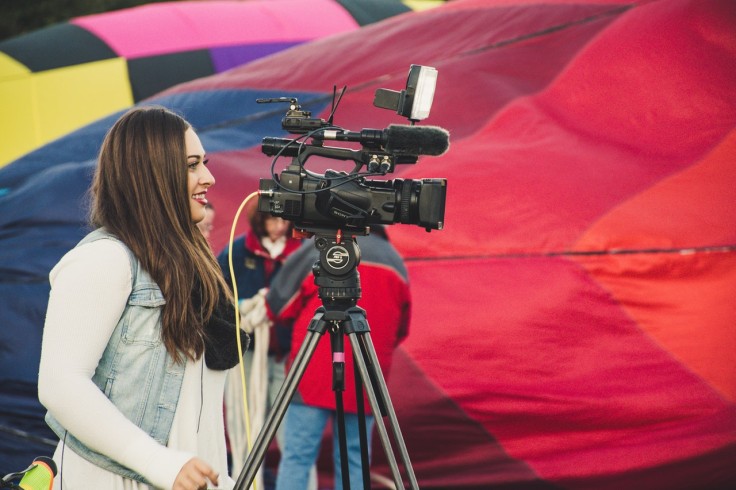
When you hear the word literacy, the thing that comes into your mind is the ability to read and write. Reading literacy and media literacy have a lot of similarities. Reading starts with understanding letters. Then soon enough, the readers can identify words -- and, most importantly, comprehend what those words mean. Readers then become natural writers. With relevant experience, readers and writers develop a strong foundation of literacy skills.
Media literacy, on the other hand, is the ability to categorize different types of media and analyze the messages they are trying to communicate. Kids take in a huge amount of information from a wide variety of sources, more than just the traditional media (TV, radio, newspapers, and magazines) of the past generation. There are text messages, memes, podcasts, advertisements, viral videos, social media, video games, and more. But all media aims one thing: A person created it. It was created with purpose and understanding that purpose is the concept of media literacy.
The modern digital era has made it easy for anyone to create media. It is normal for people not to know who created something, why they made it, and whether it's credible. This is why media literacy is a little bit complicated to learn and teach. But today, media literacy is an important skill in the digital age.
Specifically, it helps kids to:
- Learn how to analyze and comprehend.As kids assess media, they learn how to evaluate whether the messages make sense, why certain content was included, what wasn't included, and what the key ideas are. They learn to use real-life situations to support their opinions. Then they can have the ability to make decisions about the information based on the knowledge they already have.
- Become a wise consumer of products and information.Media literacy helps kids learn how to identify whether something is credible or not. It also helps them conclude whether the intent is to persuade buyers or just simply relay the information to the audience.
- Recognize different perspectives.Every creator has a unique point of view. Identifying an author's point of view helps kids weigh different perspectives and know-how to give a response. It also helps them to be aware of what they already know and what they just learned.
- Make media responsibly. When a kid gained proper media literacy, he can recognize when and where to give comments and how words and responses should be delivered. Thus, he can become a credible and effective communicator.
- Identify the role of media in our society.From celebrity issues to politics to memes, media is informing us something, shaping our understanding of the world, and even encouraging us to act or think in certain ways.
- Understand the author's goal.What does the author want you to gain from his creation? Is it purely informative, is it trying to convince you about something, or is it introducing you to new things you've never heard before? When kids internalize what type of effect something has, they can make decisions out of their own discretion.
Media is becoming wider and wider. One action can change the life of an individual whether it has a good effect or bad effect. Now, it is enough that you know how to read and write. No one has a way out of media. So better be knowledgeable about it for future references.
ALSO READ: Literacy Apps May Improve Readiness In At-Risk Preschoolers
© 2026 University Herald, All rights reserved. Do not reproduce without permission.








